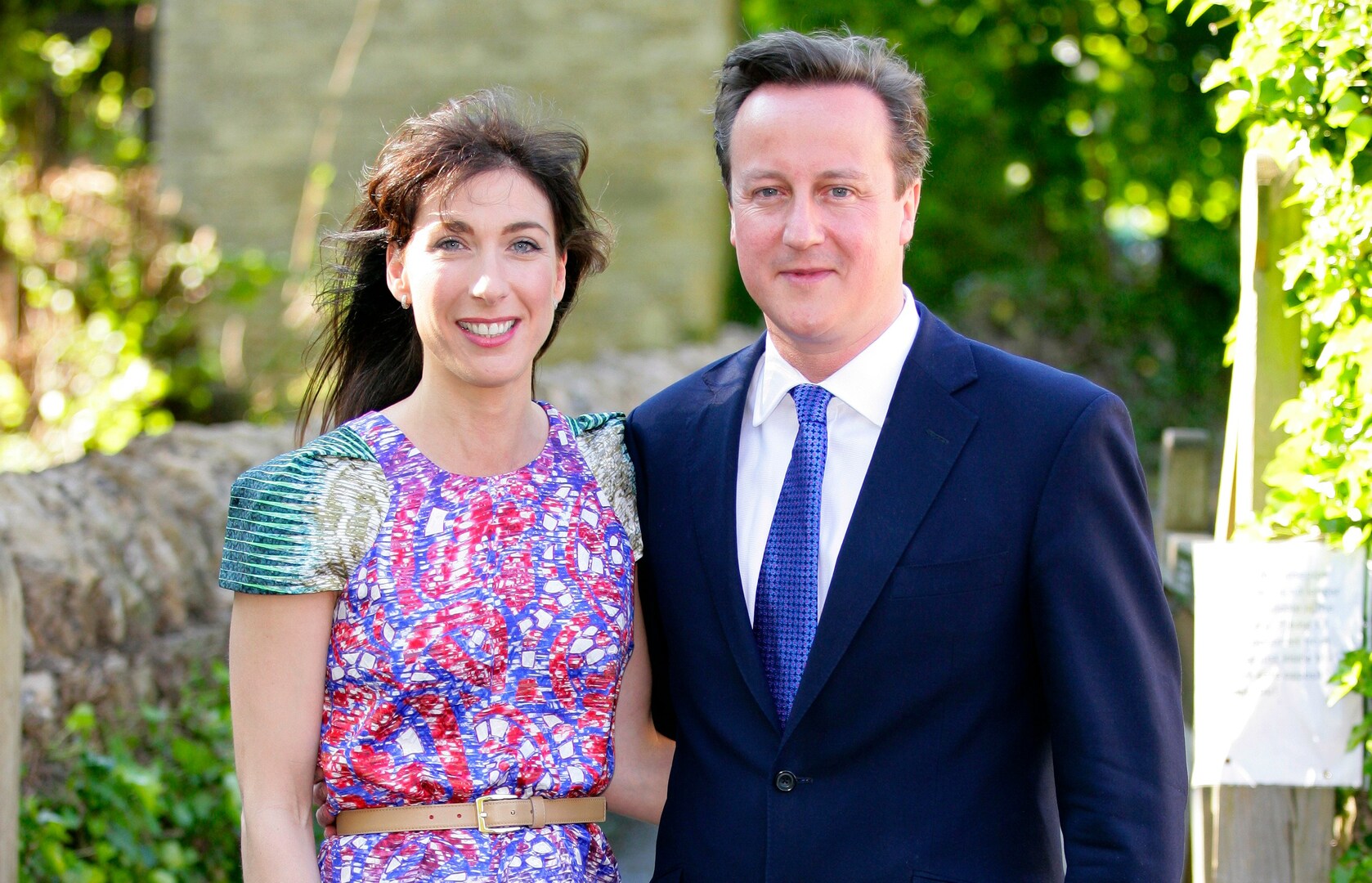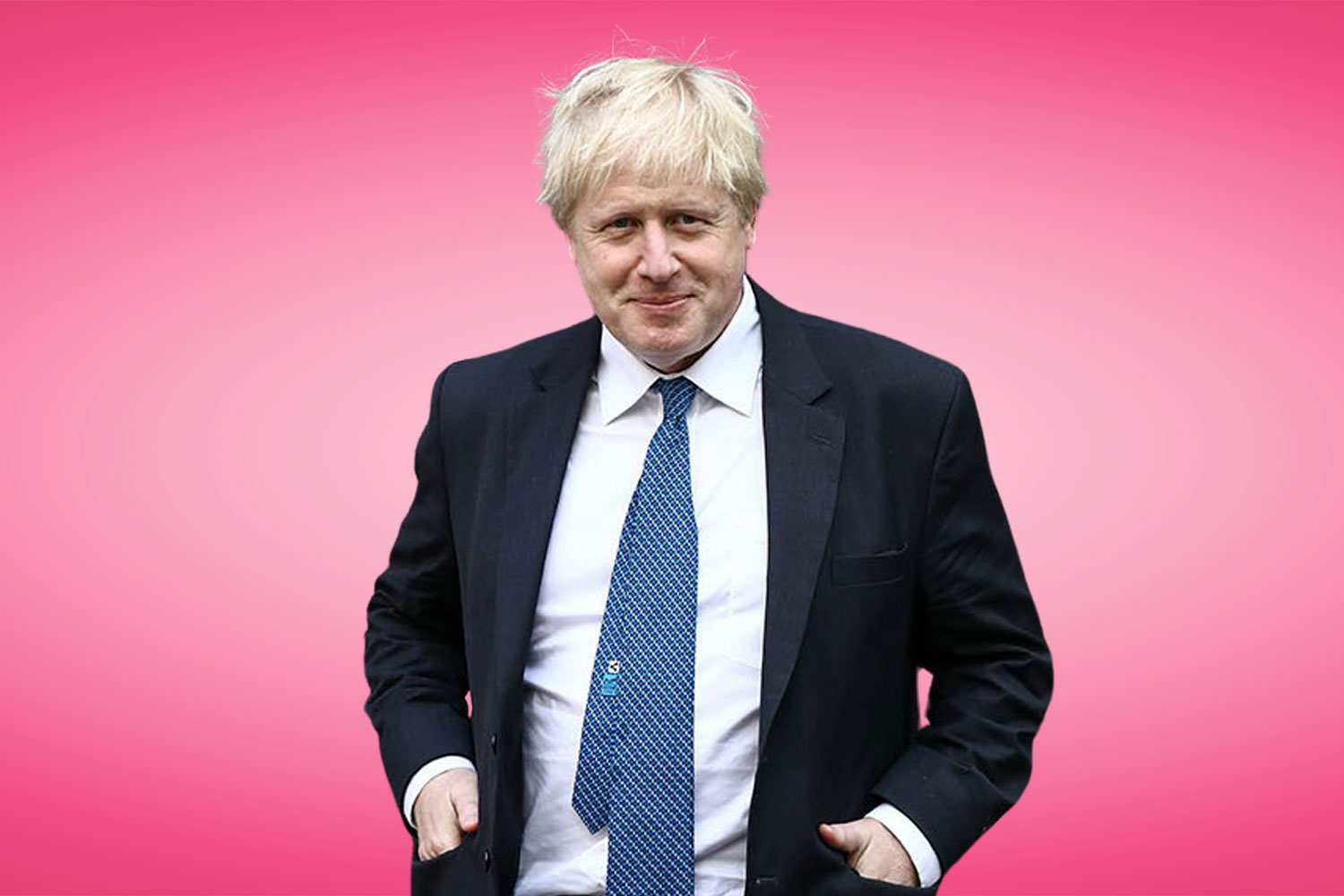The Goves and Camerons: Exploring the Costs of High-Profile Friendships
Recent insights from Sarah Vine’s memoir, How Not to Be a Political Wife, reveal intriguing aspects of the Goves’ relationship with the Camerons, particularly the challenges that arose following their fallout.
Vine, now separated from Michael Gove, takes readers on a journey back to the early days before the Tory success in the 2010 elections, which led to the Camerons moving into Downing Street. She details the gradual decline of their friendship, raising questions about whether Brexit played a significant role in their estrangement. Gove supported the Leave campaign while Cameron leaned towards Remain. Additionally, Cameron’s decision to demote Gove from Minister of Education to Chief Whip may have strained their bond as well.

Vine’s narrative captivates, as it reflects a common experience many can relate to: navigating friendships with those who are wealthier and more successful. You don’t need to be vacationing in Ibiza to understand the complexities of maintaining these relationships, which often come with pressures of social and financial disparity.
In excerpts featured in the Daily Mail, Vine notes that the immediate impact of Gove’s demotion was a loss of £36,000 in salary. This cut became significant as it left Gove and Vine needing to cover more social expenses, including lavish dinners with friends like the Camerons.
This scenario exemplifies the challenges faced in friendships where one party is significantly wealthier. Such friends frequently host and cover costs, leading to an expectation for the less affluent to contribute in other ways, further complicating the relationship dynamics.
Camerons, as Vine describes, might not have a clear understanding of the financial boundaries that others face. While they may not expect friends to constantly match their expenditures, it’s often the case that the burden falls on those with tighter budgets to keep the social balance, such as picking up the bill during outings.
Typically, the costs of social activities increase when spending time with wealthier friends—whether it’s movie outings or dinner reservations at upscale restaurants. Each encounter can bring a new financial strain, creating a disparity in the enjoyment of socializing.
Those in wealthier circles may not keep track of debts owed to them, and as hosts, they often do not involve themselves in the minutiae of cleaning up after events or gatherings. This creates a subtle hierarchy where the friendship appears uneven, typically favoring the affluent and leaving the others to adapt to their standards.
Vine delicately hints at this imbalance, especially during the strife of the Brexit campaign, which prompted her to reflect on her role within the friendship. The complexity of being an ally and a supporter often blurs with a subordinate feeling.

Encountering Different Social Dynamics
Vine recounts a dinner party where Boris Johnson made a scene rather than engage in typical conversation, humorously proposing to give a speech instead. This incident highlights a broader theme that could be explored in future writings, surrounding social behavior among men in various settings.
Men at these gatherings often exhibit disinterest in conversing with women unless there are motives of romantic interest. Vine illustrates how this can lead to awkward social environments where the men gravitate towards discussions with fellow males, often at the expense of mingling with female guests.
If you’ve ever witnessed or experienced this dynamic, you’ll understand the frustrations that can arise during social interactions.




Post Comment